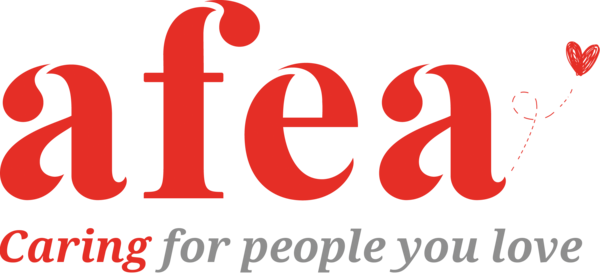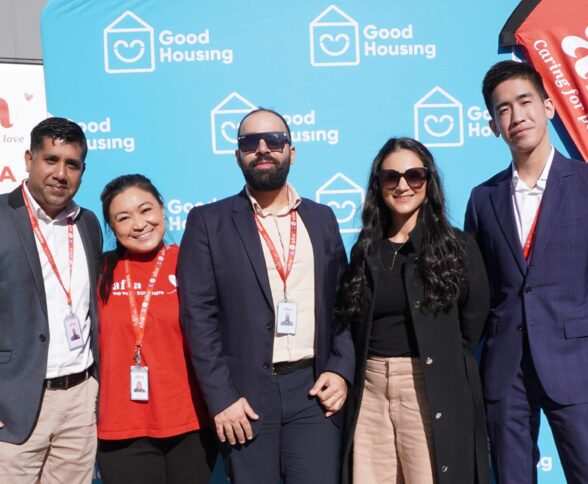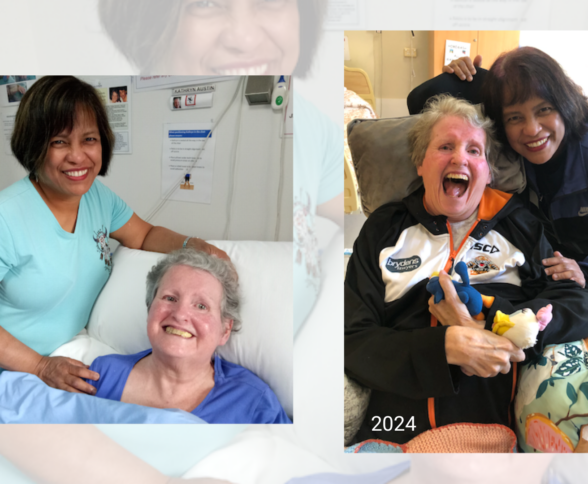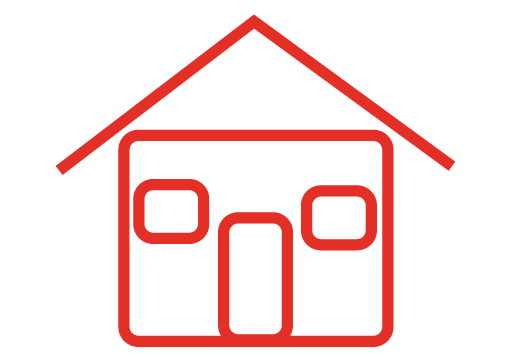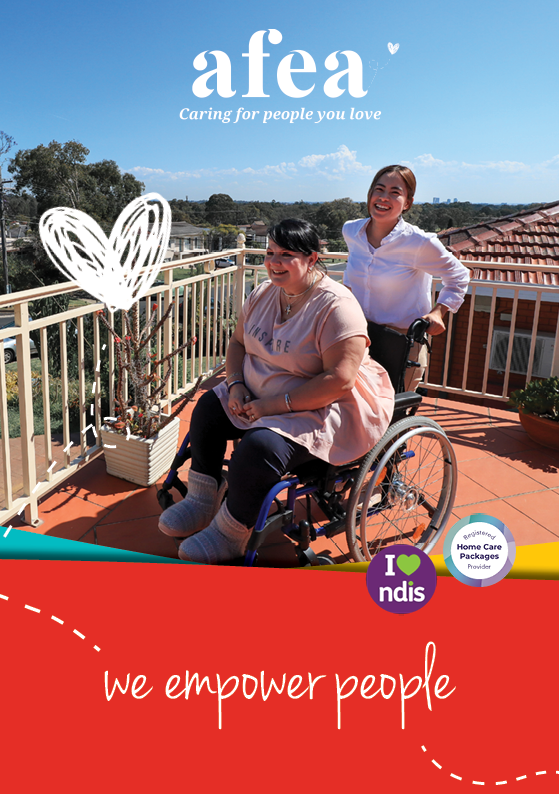A guardian is someone legally appointed to make decisions on behalf of a person who may not be able to make their own decisions.
A person’s decision-making capacity can be affected by disability, age, mental illness or injury.
Generally, the people we support at Afea Care Services can make decisions on their own. But we sometimes communicate with guardians of an older person or a person with disability.
We also communicate with the Public Guardian, a public official appointed by the government.
Keep reading to learn more.
Who needs a guardian?
A person may need a guardian if they have difficulty making decisions about their health and lifestyle, and:
- they do not have family, friends or a caregiver to support them in their decision-making
- their family, friends or caregivers disagree about a decision or what is best
- they are at risk of abuse, neglect or exploitation because of their lifestyle or the actions of other people
- they are unable to give their own consent to medical treatment or to the use of a restrictive practice
A guardian, once legally appointed through a guardianship order, can make decisions on behalf of the person.
This includes deciding where the person can reside, or providing (or withholding) consent to medical treatment.
Note however that a guardian can’t make financial decisions unless they are also legally appointed to be the person’s attorney or financial manager.
Can you still appoint a guardian even if you’re able to make decisions?
Yes. A person with capacity to make decisions can legally choose to appoint a close friend or family member to become their Enduring Guardian.
The Enduring Guardian the person names can then make decisions about their health and lifestyle in the event they are permanently or temporarily unable to make these decisions (e.g. when the person falls ill or becomes injured).
The Enduring Guardian only starts making decisions for the person when they are unable to.
Private or Public Guardian
If a person loses their decision-making capacity before being able to appoint an Enduring Guardian, a court or tribunal will appoint a Private Guardian.
A Private Guardian is usually a family member, close friend or unpaid carer over the age of 18 appointed by the Guardianship Division of the NSW Civil & Administrative Tribunal (NCAT).
If the person does not have a family member, close friend or unpaid carer available to become a Private Guardian, NCAT or the Supreme Court will appoint the Public Guardian.
When is the Public Guardian appointed?
The Public Guardian is also called the ‘guardian of last resort’.
They can be appointed as the guardian for people in NSW aged 16 years and over who may:
- have a decision-making disability such as an age-related condition, intellectual disability, brain injury, or a mental illness
- don’t have a family or friend who can take on the role of guardian
- have experienced abuse, neglect or exploitation
- live a lifestyle that may put them at risk of harm (for example, if they are homeless or have issues with drugs or alcohol).
The Public Guardian and the NDIS
If a person has the Public Guardian appointed, Afea or any other NDIS provider will need the Public Guardian’s consent to the person becoming an NDIS participant and to specific services to support them.
The Public Guardian will be their advocate and support them if there are gaps in their current support. As the person’s provider, Afea will work closely with the Public Guardian to ensure the NDIS participant has all the help they need.
Hopefully, in due time, they will become confident enough to make decisions on their own and lead a happy and fulfilling life.
Sources
Information about Guardianship | NSW Trustee and Guardian
National Disability Insurance Scheme (NDIS) | NSW Trustee and Guardian
Guardian support services | NSW Trustee and Guardian
